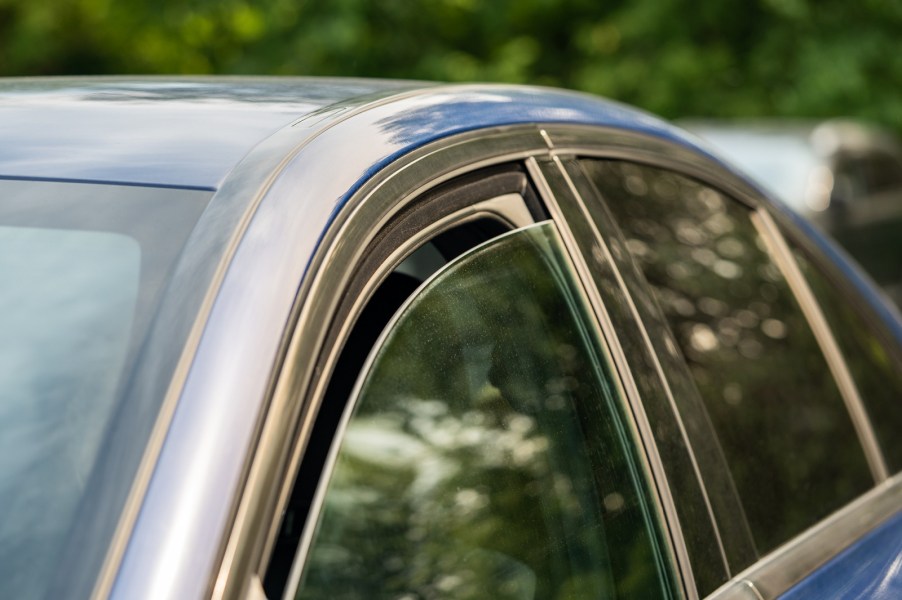
How far do you have to roll your window down to speak to a police officer during a traffic stop?
If a police officer pulls you over in your car, they’ll likely approach your vehicle and gesture for you to roll down your window. This is so they can both speak to you and see you clearly. Most often, drivers comply and roll their window down all the way. However, this is not a legal requirement. During a traffic stop, drivers need only roll their window down far enough to verbally communicate and pass along requested documents, such as their driver’s license or vehicle registration. For instance, some folks only roll down their window ¼ or ½ of the way. This response is in their full legal right.
Even so, two Supreme Court decisions allow police officers to remove drivers and passengers from a car during a traffic stop.
Now, there are ways the police officer can escalate the above response to their request to roll down your window. If an officer feels threatened or that the traffic stop can be handled more effectively, they can order the driver and any passengers out of the vehicle. The U.S. Supreme Court decision for Pennsylvania v. Mimms (1977) says officers can remove the driver from a vehicle during a traffic stop. The court’s decision in Maryland v. Wilson (1997) concluded that passengers can also be pulled from a car during a traffic stop. Both of these “intrusions” are thought of as “matters of course” and are not considered violations of the Fourth Amendment.
As such, let’s say you only crack your window 1/4 of the way down and refuse to roll it down any further. The officer might just continue the traffic stop without further comment on the window. Alternatively, they might find this suspicious or discomforting to their safety. Regardless of the officer’s sentiment, they can’t search your vehicle without probable cause. However, they can order you out of the vehicle to continue and complete the traffic stop.
There’s a quick informational Q&A clip from attorney and senior legal instructor Anthony Bandiero below.



